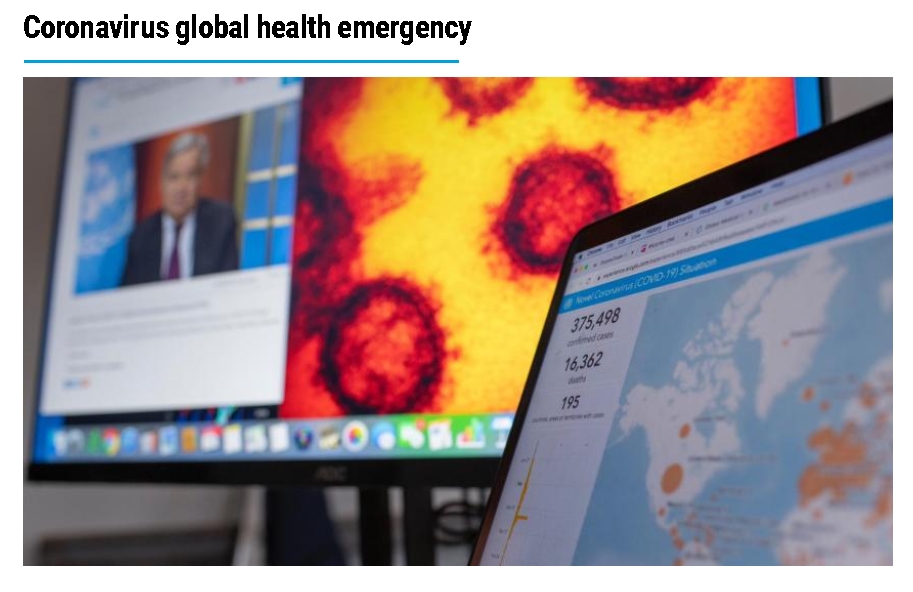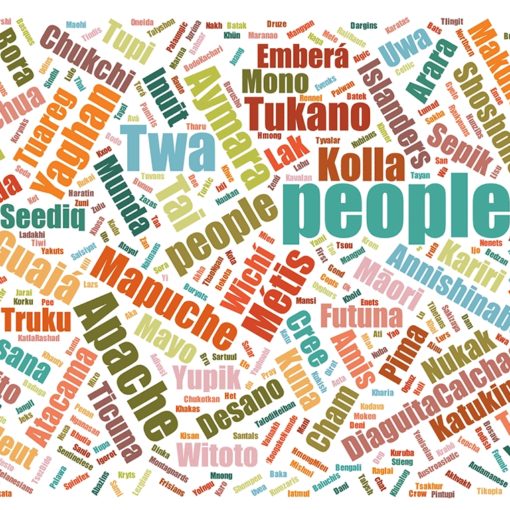
decisions and recommendations, and the realities in the field through implementation‘
COVID-19 – Main recent public statements from Geneva-based officials and bodies.
(UN News – 6 March 2020)
As the COVID-19 coronavirus continues to spread globally, the UN’s top human rights official appealed on Friday to put rights “front and centre” when implementing preventative measures.
Liz Throssell, spokesperson in the Office of the High Commissioner (OHCHR), said rights chief Michelle Bachelet, had noted “people who are already barely surviving economically, may all too easily be pushed over the edge by measures being adopted to contain the virus.”
Be prepared for ‘unintended consequences’
Echoing the need for swift action from all countries facing the global threat – based on her past experience as a medical doctor and as President of Chile – Ms. Bachelet also cautioned that Governments needed to be ready “to respond in a range of ways to unintended consequences of their actions aimed at the coronavirus. Businesses will also need to play a role, including responding with flexibility to the impact on their employees.”
The High Commissioner’s statement added: “We’ve got lockdowns, quarantines and other such measures to contain and combat the spread of COVID-19. They should always be carried out in strict accordance with human rights standards and in a way that is necessary and proportionate to the evaluated risk.”
The High Commissioner’s comments follow an earlier appeal at the Human Rights Council, now meeting in Geneva.
Then, as on Friday, she urged Member States to protect society’s most vulnerable citizens from the health threat posed by COVID-19, and also from any stigma faced by those who had contracted the respiratory disease.
Most at risk are already marginalised
The most vulnerable are those on low incomes, isolated rural populations, people with underlying health conditions, people with disabilities and older people living alone or in institutions, the High Commissioner explained.
“The High Commissioner is not speaking out about specific countries”, Ms. Throssell said. “What she’s doing is making a universal call to Governments to really consider the impact on economic and social rights by the steps they take – that’s why she’s saying it’s so important for human rights to be at the front and centre.”
Ms. Throssell added: “There are plans in different countries to tackle crises, but I think we all would agree it is somewhat unchartered. And that’s why she’s encouraging States to share information on good practices; steps that they have taken to mitigate, to alleviate the impacts, the effects of the steps they take; steps that are in many cases extremely necessary to combat, to contain COVID-19.”





